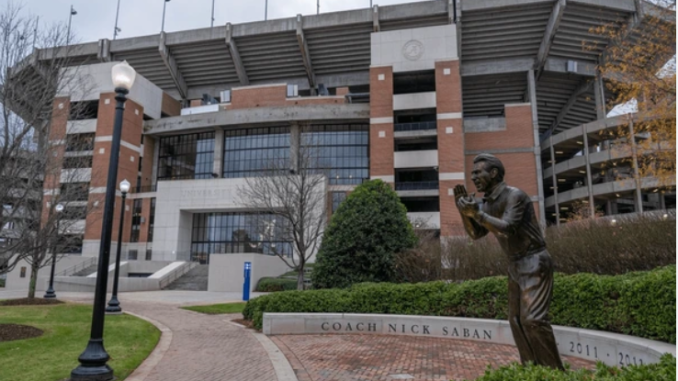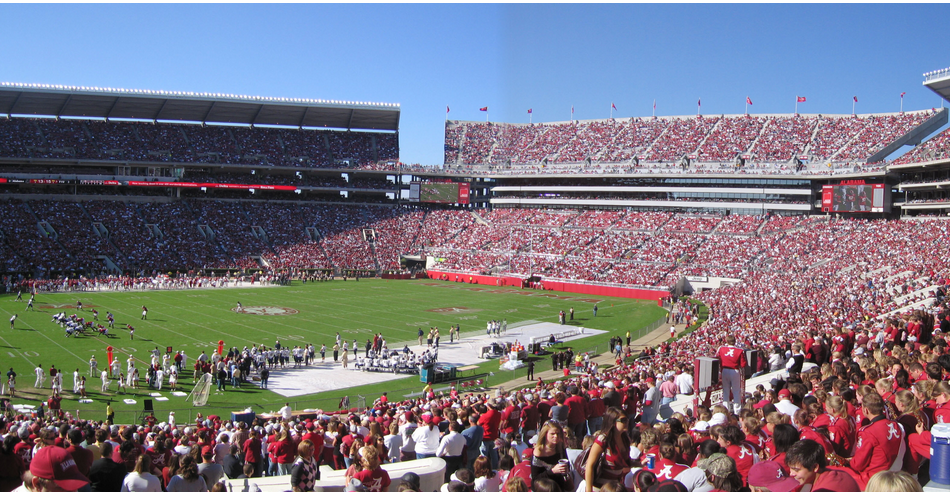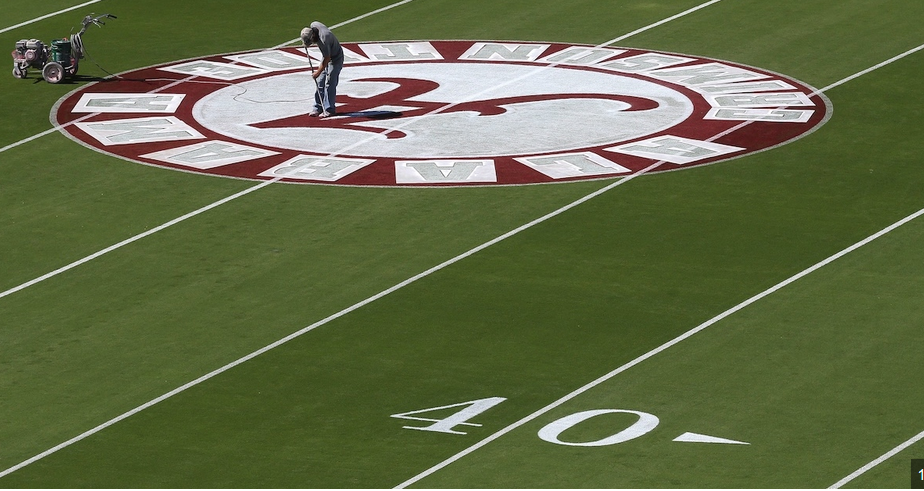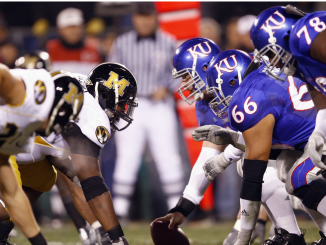
TUSCALOOSA, AL — The University of Alabama System Board of Trustees voted unanimously late yesterday to strip the name of legendary coach Paul “Bear” Bryant from its iconic football venue. Effective immediately, the venue formerly known as Paul W. Bryant-Denny Stadium will be rebranded as The University of Alabama Athletes’ Legacy Stadium.
The decision was the centerpiece of a proposal spearheaded by former head coach and now Senior Advisor to the Athletic Department, Nick Saban, who championed the change in a passionate plea to the board.
Saban argued that in the modern era of college athletics defined by Name, Image, and Likeness (NIL) rights and the transfer portal—the focus must definitively shift from the coaching “cult of personality” to the players who build the program’s success.

“We stand at an inflection point in college football,” Saban stated in a private session with the Board, a transcript of which was later released. “The current landscape demands that we stop centering the narrative on the coach as the all-powerful icon.
The players—the student-athletes whose blood, sweat, and sacrifice built this dynasty, both under Coach Bryant and myself—are the true legacy. By removing ‘Bear’ and embracing ‘Athletes’ Legacy,’ we send an unmistakable message that The University of Alabama is committed to honoring the young men who step onto that field.”
The Unanimous Vote and the Saban Factor
The unanimous vote by the Board of Trustees surprised many observers, who expected a lengthy, contentious debate over one of the most sacred names in Alabama and American sports history. The stadium had carried the name “Bryant” since 1975, a tribute to the man who brought six national championships and unparalleled glory to Tuscaloosa.
Sources close to the Board indicate that Saban’s influence was the decisive factor. His advocacy—framed not as a slight against Bryant but as a necessary evolution for the sport’s future—provided the moral and strategic cover for the trustees to approve the highly controversial change.
The proposal includes a commitment to creating an immersive historical exhibit dedicated solely to Paul W. “Bear” Bryant and former President George H. Denny (whose name remains part of the official title, albeit in a secondary role as a historical anchor), ensuring their contributions are permanently documented.
The Rationale: An ‘Athlete-First’ Philosophy
The core of Saban’s argument hinges on re-calibrating the perceived value chain in college football. The change is being marketed by the University as a progressive, “athlete-first” initiative, a nod to the growing power and influence of players.
“This is not erasure; this is an expansion of recognition,” said UA System Chancellor Dr. Michael Tarrant in a press conference following the vote. “The ‘Athletes’ Legacy Stadium’ will honor every player, from the 1925 Rose Bowl team that began our tradition to the players of today.
It recognizes the collective power of the entire team, not just a single leader. This is how we lead in the NIL era. This is how we attract and retain the best talent—by validating their monumental contributions.”
National Debate Ignites: Tradition vs. Modernity
On one side, proponents hail the move as a long-overdue sign of progress. ESPN commentator and prominent college football voice, Paul Finebaum, stated, “Only Nick Saban could pull this off. It’s a bold, brilliant move that resets the culture. It acknowledges the undeniable truth: college football is now a player’s game, and the institutions that recognize that will win.”

Conversely, the tradition-bound segments of the fanbase and media are in an uproar. Online forums and social media platforms exploded with outrage, with many calling the change a “travesty” and a “betrayal” of the program’s history.
The Paul W. Bryant Museum issued a brief, somber statement, simply saying, “The legacy of Coach Bryant stands on its own, regardless of the name on the building.” A petition demanding the immediate reversal of the decision garnered over 50,000 signatures within hours of the announcement.
Critics argue that the move diminishes the irreplaceable role of historical figures like Bryant in building the foundation of a program and sets a dangerous precedent for rewriting history in favor of contemporary trends.
The new University of Alabama Athletes’ Legacy Stadium name and branding are scheduled to be fully implemented before the start of the next football season. The stadium’s playing surface will retain its recent honor as Saban Field, meaning the formal designation will be: Saban Field at The University of Alabama Athletes’ Legacy Stadium.
The debate surrounding the removal of a coaching icon’s name in favor of a tribute to the players is set to become a defining philosophical battleground for college athletics in the new era. Whether the University of Alabama’s bold move is a necessary step toward the future or a catastrophic abandonment of its past remains to be seen, but one thing is clear: the conversation around college football’s historical icons has officially changed forever.



Be the first to comment